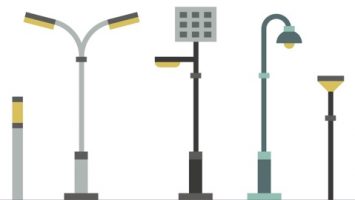
Smart Budapest, co-authored by Sándor Finta, Director of Architecture and Urban Planning, and Zsombor Barta, Head of Sustainability and Legacy, has been adopted by the Hungarian city as a road map to becoming a world leading Smart City by 2030.
A primary is to improve the mobility of the city to reduce energy consumption by 30% by 2030. To do this, the FUTAR traffic management system was launched in the autumn of 2014. Its tracks traffic to give real-time passenger information, and also allows the traffic lights to alter during peak congestion to give priority to the means of public transport. The Graphisoft Park has been established as a hub for technology companies, and now hosts several national and international firms as well as a university campus. A three-year tree planting program was launched in 2016 with the aim of planting 10,000 trees by 2019.
The aims of the vision’s strategic areas include:
- Budapest shall become a center of international innovation thus a target for knowledge transfer;
- Budapest shall protect its environment by the sustainable utilization of resources and waste generated;
- Budapest shall establish a sustainable mobility system enhancing the live-ability of the city;
- Budapest shall become capable of responding to the environmental and technological changes of the 21th century;
- people in Budapest shall live in an open and cooperative society; and,
- Budapest shall continue to progress based on the development of sustainable and local economy.
“The Smart Budapest is a sustainable city from environmental, social and economic aspect. By making use of modern technology and taking increased social responsibility, the city proves to be a liveable place for city dwellers,” said Zsombor Barta.


